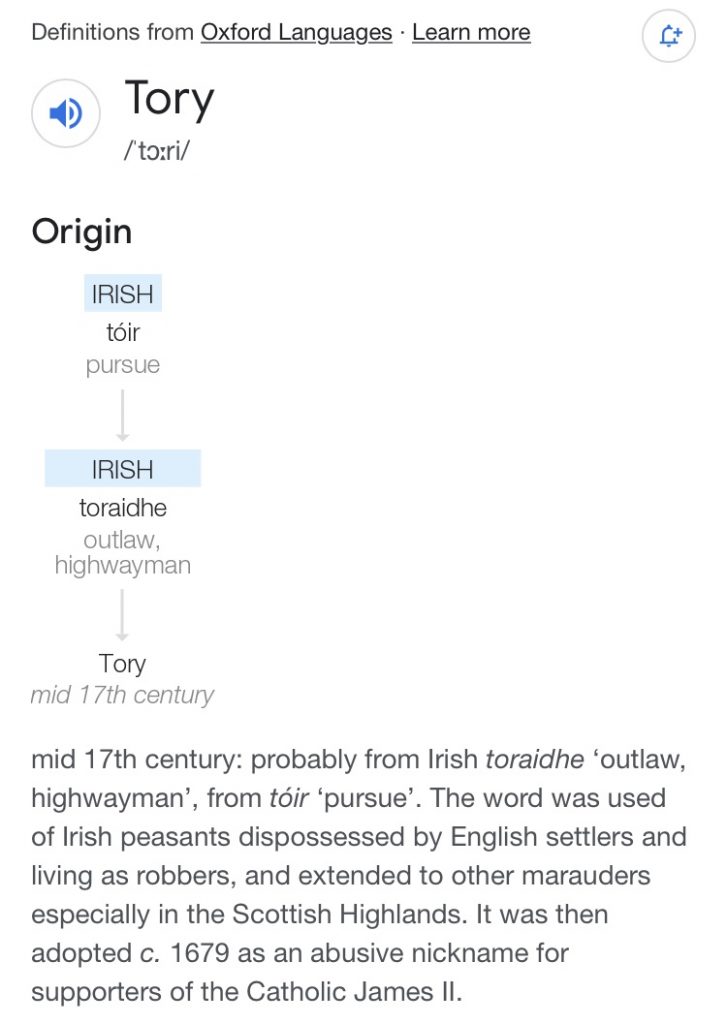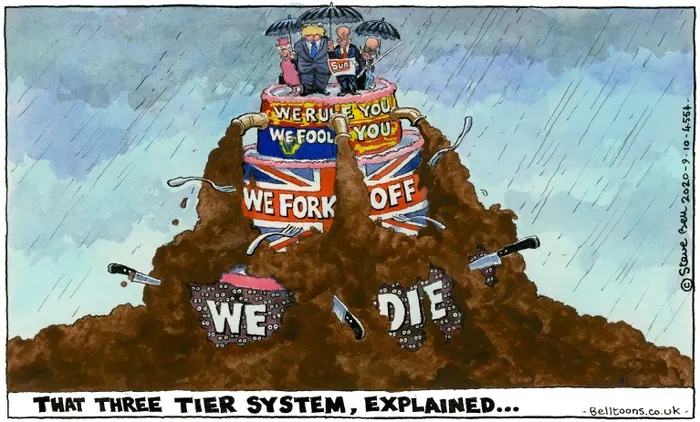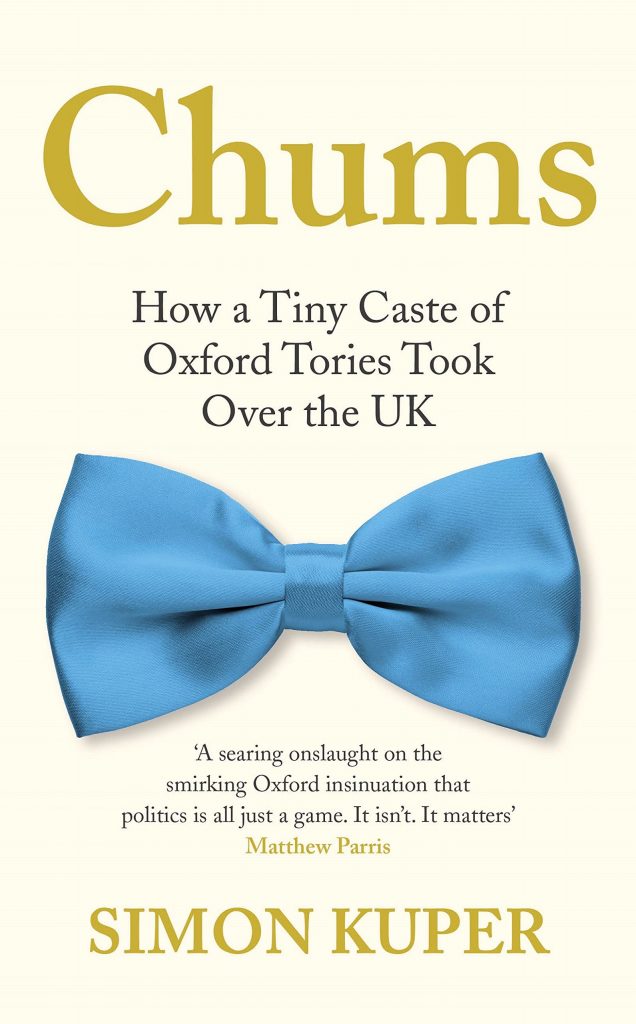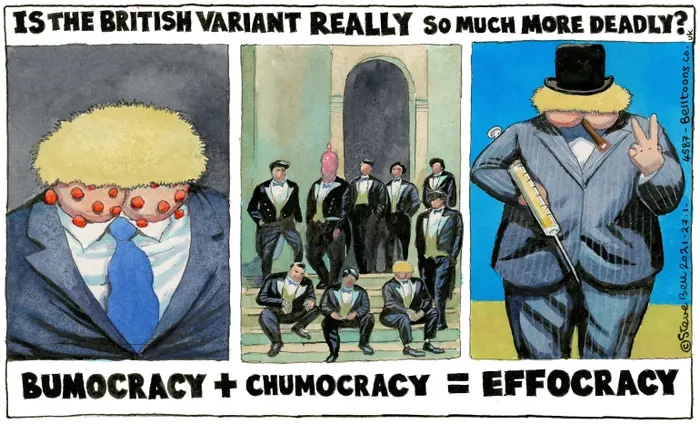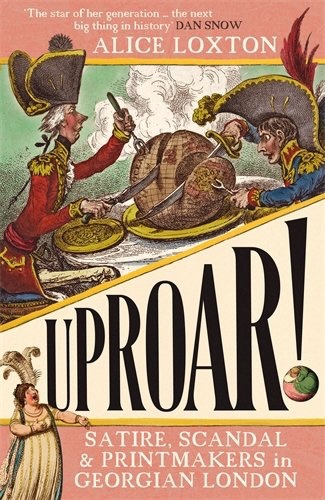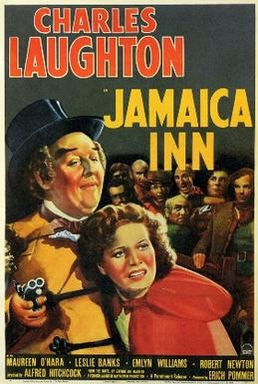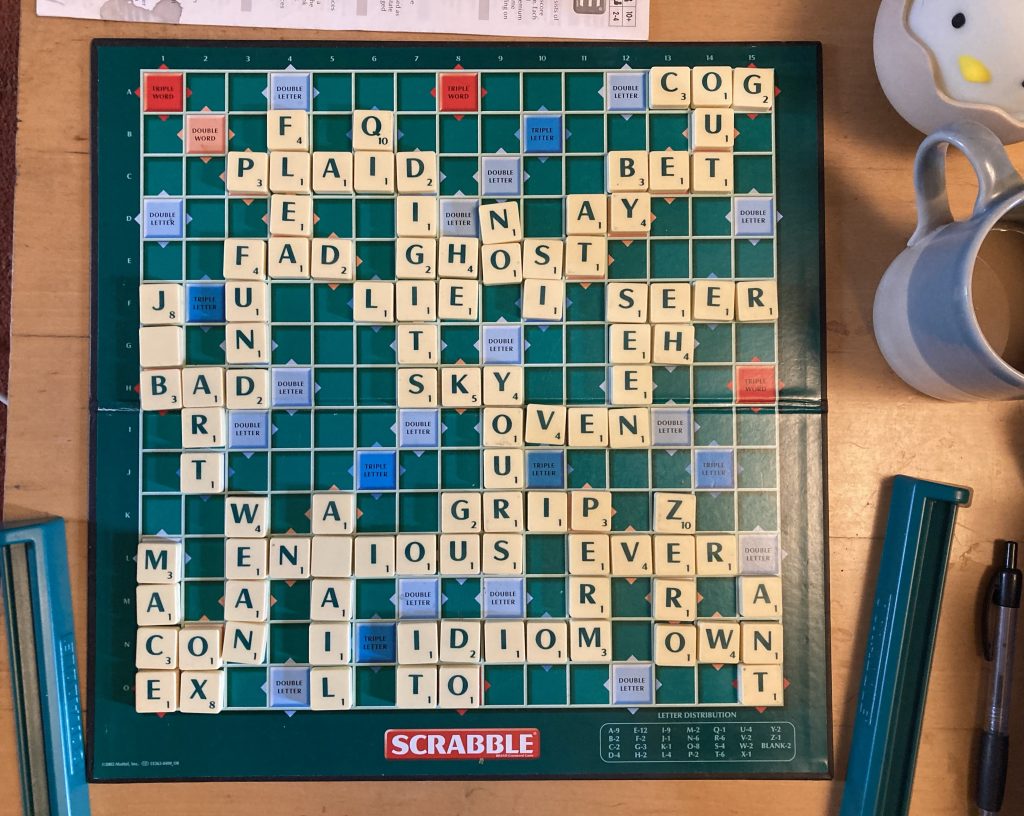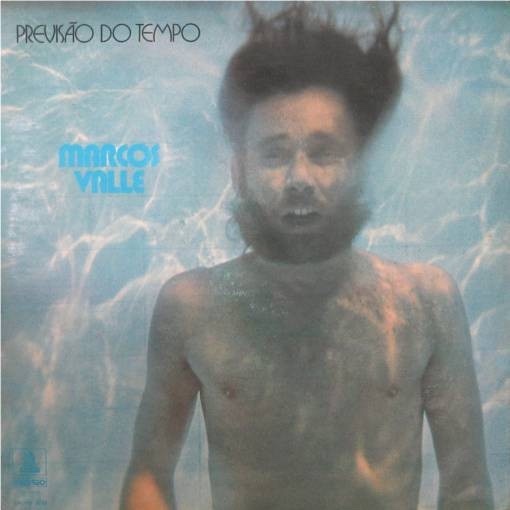I’m in the appalling situation of having to look for legal help and representation. Something I wouldn’t wish on anyone. Well, other than wealthy crooks, aka Tories. But of course, they’re exactly the folk who’ve been making and shaping our legal system for hundreds of years. And who are best placed financially to exploit it.
The first people I’ve tried are Lawtons, who have a local (Cambridge) branch. For some reason I thought they offered 30 minutes free consultation advice. Very attractive to paupers like me. But they’re not getting back to me with any sense of alacrity.
So I thought I’d try someone else. I called a firm called Draycott Brown. They have a lady specialising in the area I need to address. Goodness me, she was supercilious and self-satisfied. Exactly as people in positions of wealth and power grow accustomed to being.
She charges £500 for a two hour consultation. I couldn’t help but say two things two her: I wish I could charge such grotesquely inflated amounts for my time. And what a world we live in, where justice and access to ‘The Law’ prices out the hoi polloi.
I’m not 100% sure of this, but my investigations so far suggest that we, or I, won’t qualify for Legal Aid. My choice of title for this post is backed up independent research, for more on that, read this. Unsurprisingly the Tories have continually cut Legal Aid funding, whilst at the same time making it ever harder for low income folk to qualify. Now there’s a surprise.
As the above linked article puts it, the Law Society study found that ‘many on low incomes are being deprived of access to justice by the very system that is supposed to support them.’ What? In Toryland!? Who’d have thunk it.
My anger and indignation feel entirely impotent. It’s one thing to read about the injustices perpetrated by our callous Tory rulers. It’s another to feel the full force of it in deeply real, deeply personal, and deeply damaging ways.
Like Mr Gridley (and others) in Dickens’ Bleak House, I want to fight the system. But, again, like Gridley, I feel ground down and defeated before I’ve even begun. ‘They’ve done for me’, quoth Gridley. And most of the time I feel the same.


